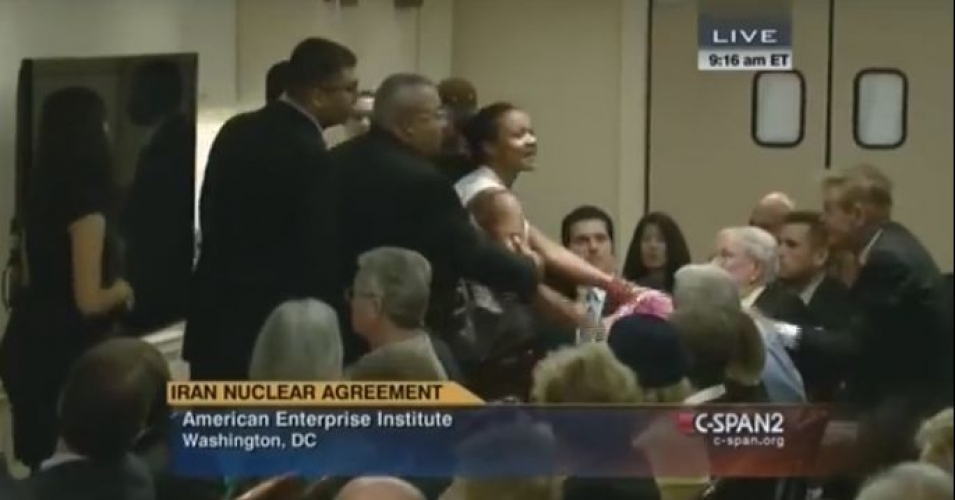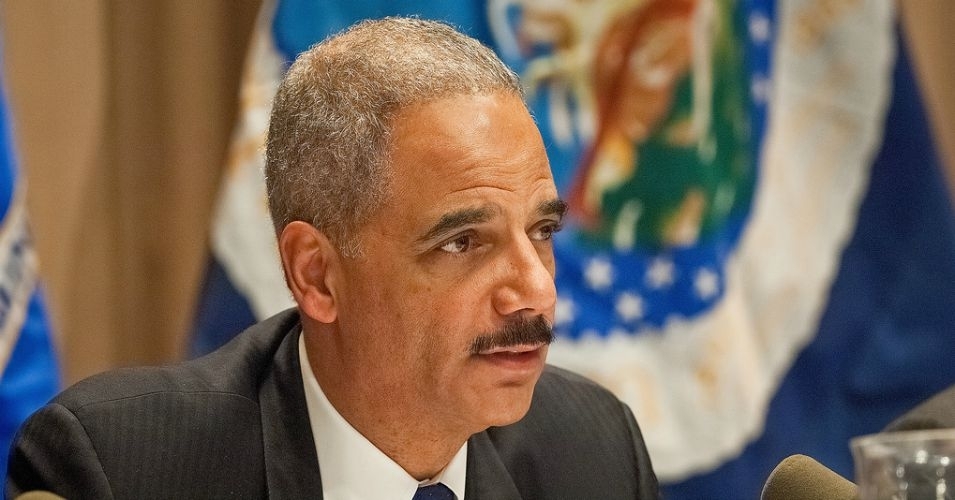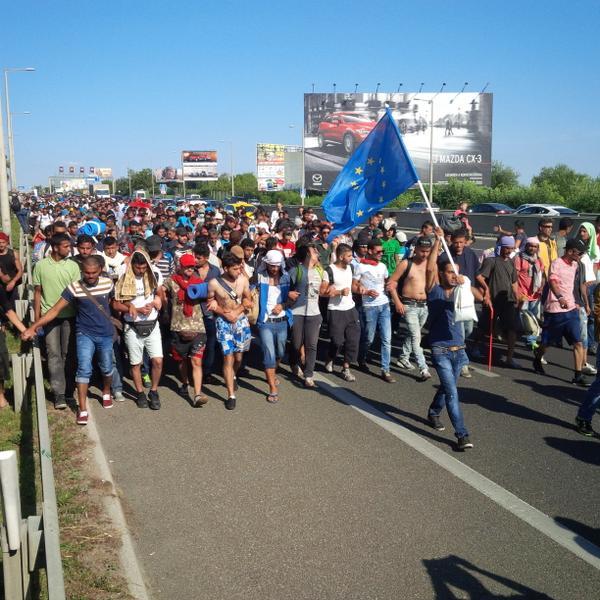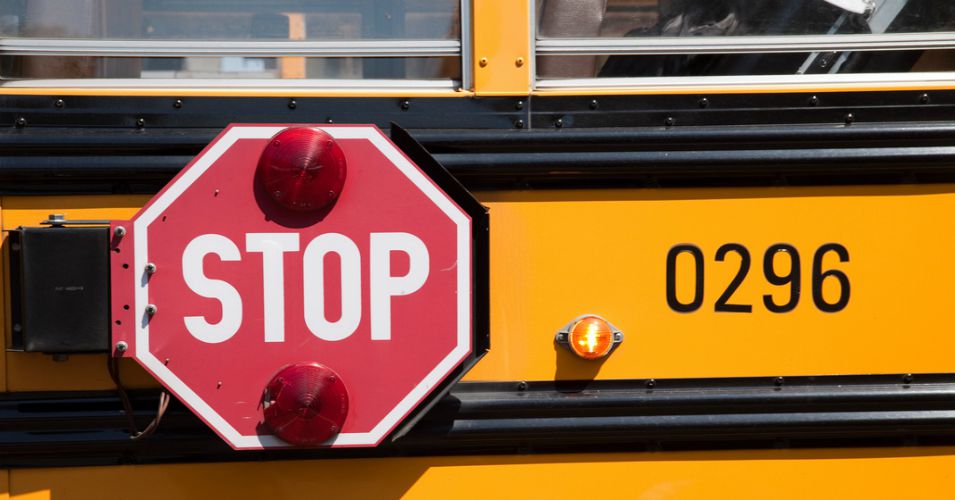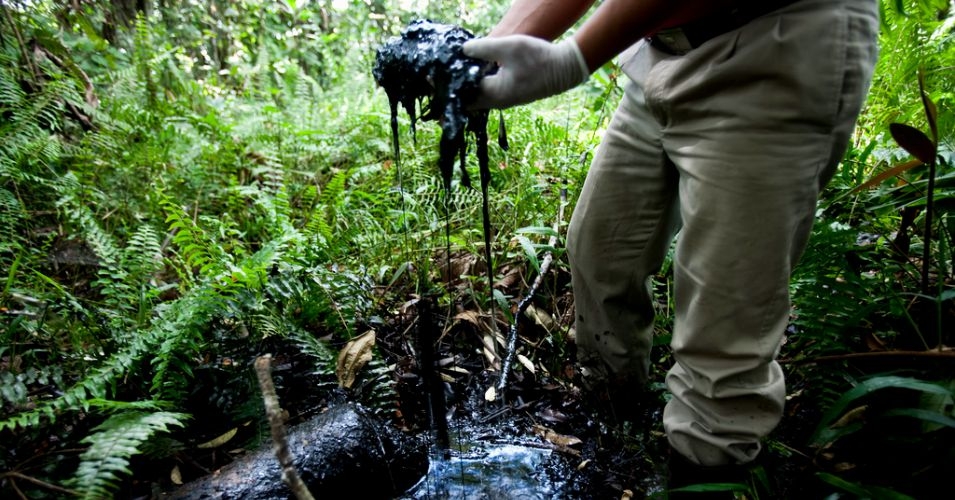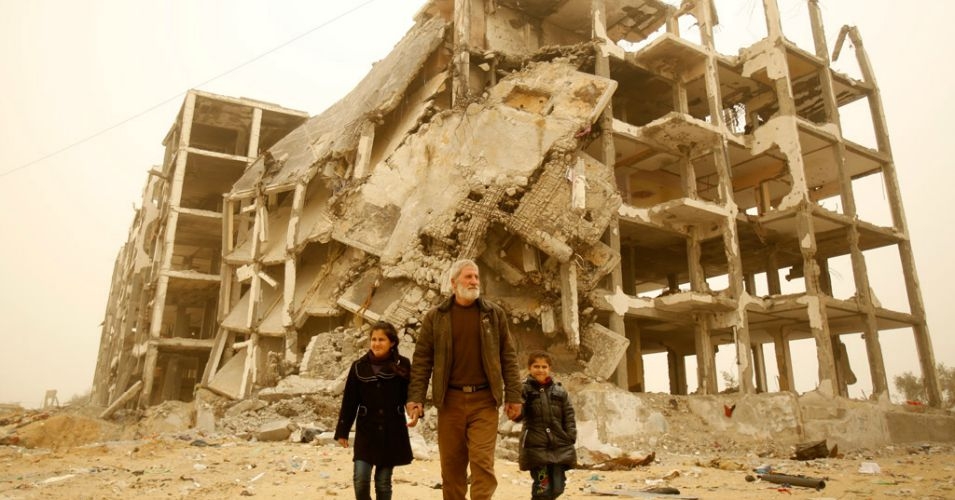As we follow a national conversation, changes that reflect a deeper shift in the way American law is perceived begin to surface
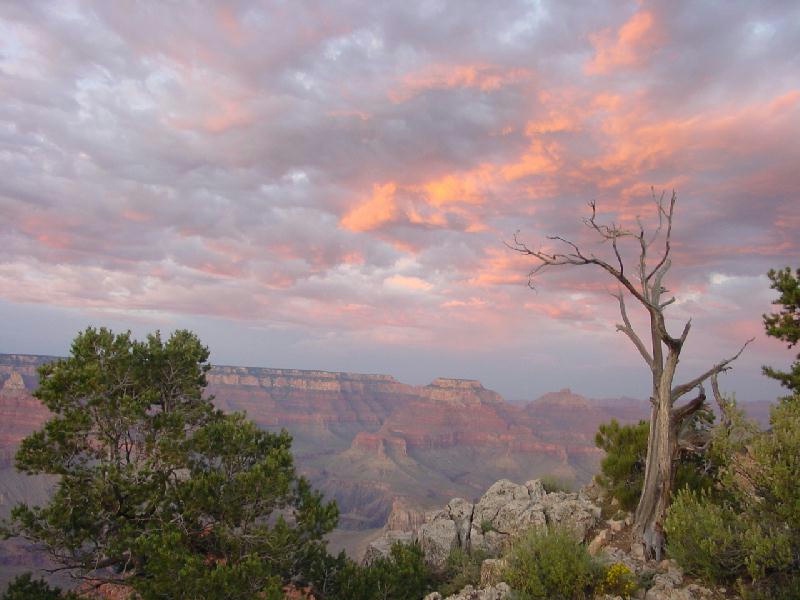
If we were really to live by natural law, there wouldn’t be any discussion about mining the Grand Canyon or giving away portions of it to multi-national mining operations. Photo via Wikimedia Commons
When Rowan County, KY clerk Kim Davis was arrested and jailed for contempt of court, a national conversation began. Some declared this was the beginning of the jailing of Christians. Others sided with the ruling from the Supreme Court that removed any restrictions for issuing marriage licenses to gay couples.
Somewhere in the midst of this, we heard Davis’ attorney argue that “natural law” had precedence over “national law” as the basis for the merits of her case. Applied here in a very narrow sense, we now must step back and bring to light what that would actually mean in a nation that, until now, has relied on a legislative system of establishing laws and a judicial system for examining the application of those laws in a civilized society.
Natural Law, used in the legal sense, is defined as:
“The unwritten body of universal moral principles that underlie the ethical and legal norms by which human conduct is sometimes evaluated and governed. Natural law is often contrasted with positive law, which consists of the written rules and regulations enacted by government.”
With this argument of “natural law” in mind, we have to go back to the basic principles laid out for humans when creation took place. Mankind was to be conservators of the earth; preserving, protecting and conserving earth and her resources for future generations. There could be no laws allowing for pollution of air, water or soil. There could be no laws that allowed for the extraction of natural gas, oil, coal, ore, and most precious minerals mined from the earth in the industrial age methods of stripping the earth of everything else in the process.
Natural law would not allow for corporations to be considered people too, in any court of law. Natural law would treat all people, the crowning achievement of the Maker’s creation, as equal without discrimination based on origins, choices or inherent forces. Natural law would remove all borders and fences, all status of “legal” versus “illegal” immigrant and instead react as citizens in the EU have done with the recent refugee crisis. They would treat these people as heroes and provide all basic needs as soon as possible.
Under “natural law,” there is no need for a USCIS (United States Citizenship & Immigration Services. There is no need for war over oil, money or specific land masses. The list goes on.
When our Constitution was written, the founders knew what it was to have state-sponsored religion. They knew humans do not all think, believe or live the same. They knew this was a problem in England and sought to establish this grand experiment in democracy based on an establishment of “National Law” and a system whereby these laws are able to be examined and adjusted as society’s needs changed.
So the argument now of “National Law” as opposed to “natural law” falls flat on its face. It underscores what is really happening here: that when white Christian privileged people are offended, they will go to no limit to cherry-pick scripture for Bible verses to support their arguments. They will rally together for support and ignore the fact that they are trampling on the very Constitution and Bill of Rights that allows for their grandstanding.
If they believe their Bible, they would understand God punishes the sinner; not another individual. They would be horrified to know if their children disobeyed, they are to take them outside the city and stone them to death, if they are to act on Old Testament law.
In the long run, groups or individuals do not get to have their “laws” supersede the Supreme Court. If that were the case, not a single corporation could ever be brought to trial on any charge – ever, after being ruled to be “people” by the Supreme Court. They would simply say they were acting on their beliefs.
So here’s the question: Do you want to live where laws are clearly established so everyone knows and understands them, or do you believe, as those who support Kim Davis do, that we should live in a world where any individual’s interpretation of religious text has more merit than laws or courts?


